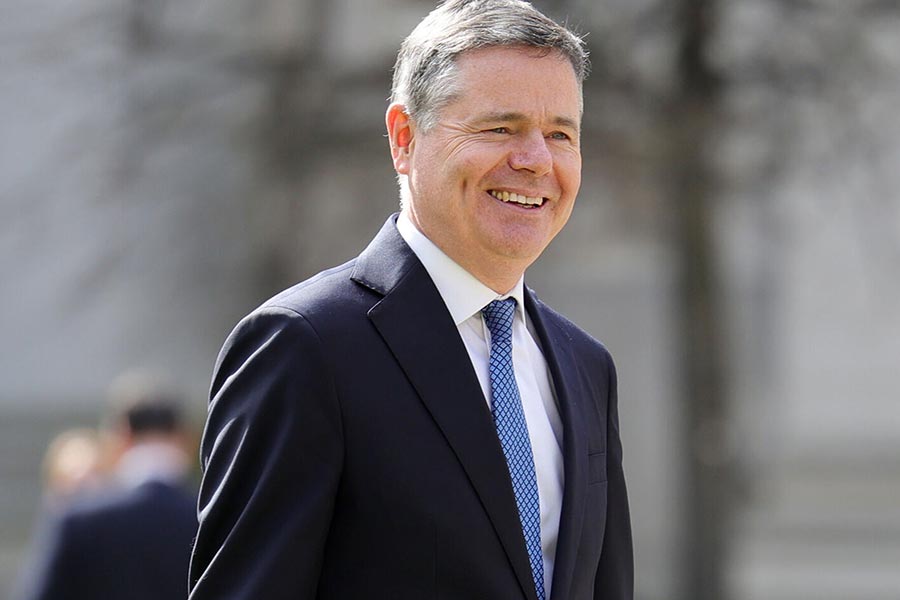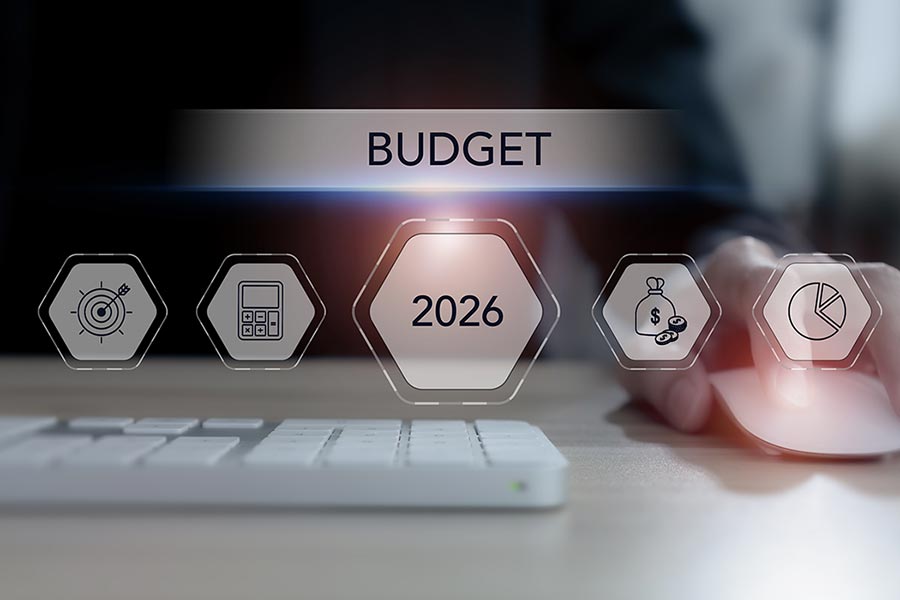Consumer sentiment has reached its strongest level since June in January, according to Core, indicating that a level of hopefulness has returned as cost-of-living pressures eased slightly after inflation declined to 8.2% the previous month.
The marketing company's consumer mindset & sentiment index for the month shows the number of people who are either very or extremely concerned by the cost of living has fallen from 64% to 52% since October.
Some 28% of respondents answered that they were either somewhat or very optimistic that Ireland will overcome the cost-of-living crisis, up from 26% the previous month and 22% in November.
In terms of entities who are either helping or exacerbating the crisis in the minds of the public, public transport (+29%), other citizens (+20%), employers (+9%), and supermarkets (+2%) all received positive scores.
Conversely, energy companies (-40%), banks (-37%), restaurants & hotels (-14%), and the government (-11%) all came off poorly despite increasing their net approval ratings with the public.
The Credit Union consumer sentiment index, in partnership with Core, measured 55.2 in January, a significant increase from 48.7 in December -- the 6.5-point gain was the largest for 12 months.
"Irish consumer sentiment rose strongly in January as a softening in oil prices, strong domestic economic data and a seasonal switch-off from business and political news encouraged a less negative, if still nervous view of the economic and financial circumstances of Irish households," economist Austin Hughes said.
Consumers were split on whether the economy would be stronger (38%) or weaker (37%) in five years' time, which is a significant swing from this time last year when 47% answered that the economy would be stronger and 22% thought it would weaken.

Seven in 10 were sure their personal finances would either be stable (35%) or improved (35%), with both camps down around four points year-on-year (39%), while the number saying their finances would be weaker has risen from 16% to 27%.
"The weakening in consumers’ views on the Irish economy’s longer-term prospects comes despite another markedly resilient performance in the past year in the face of extremely challenging global economic conditions," Hughes said.
"Our sense is that the downgrade may be due to a judgement that persistent pressures from an increasingly ‘stormy’ global environment are likely to take a toll on domestic growth prospects. There has been a marked weakening in Irish consumers’ expectations for their longer-term income prospects in the past twelve months.
"While there has been a clear drop in the share of consumers that expect their household income to be higher-from 39% to 35%, the more worrisome development is that a substantial 27% of consumers now think their household incomes will be weaker in five years’ time, markedly higher than the 16% who thought that a year ago."
Health (67%) and family (57%) were agreed to be the most important things in life to consumers while rising energy costs dropped to 54% and peace in Europe rose to 53%, ahead of housing (45%), online privacy (44%), and work-life balance (43%). Climate change was given as the most important thing by 32%.
The month's biggest stories were hospital waiting times (79% awareness; 89% importance) and the death of Pt Sean Rooney (81%; 82%), while there was just 52% awareness of the latest ECB hike. 17% said they were happy about Leo Varadkar becoming Taoiseach again.
(Pic: Getty Images)










